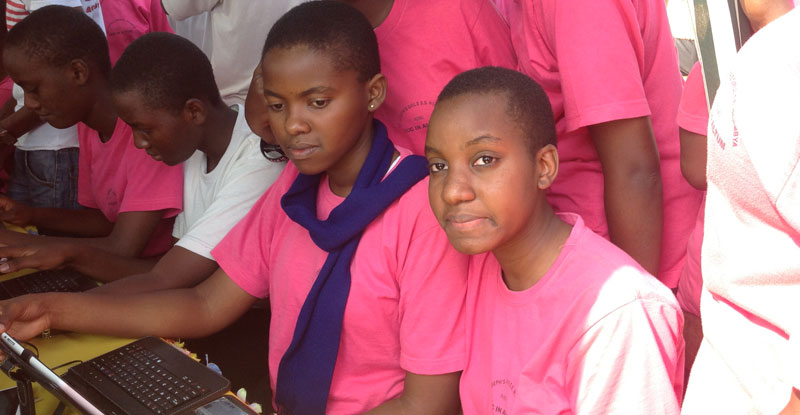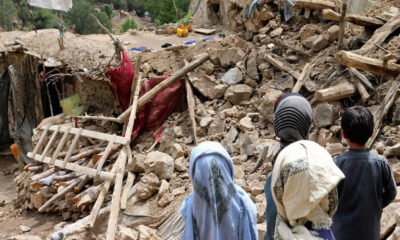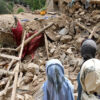Guest Writer
Quality of education:The challenges of teacher quality
The provision of quality basic education is well entrenched in the Constitution of Uganda. Goal 6 on the framework of Educational Forum on Education for All calls for ”Improving every aspect of the quality of education and ensuring…excellence so that recognized and measurable learning outcomes are achieved by all, especially in literacy, numeracy and essential life skills”- Where do we fall as a Country?
There is no one definition, list of criteria, definitive curriculum, or list of topics that comprise a quality education. In spite of definitional difficulties, UNESCO (2004, p. 17) has identified two basic principles underlying quality education: First, it identifies learners’ cognitive development as the major explicit objective of all education systems. Accordingly, the success with which systems achieve this is one indicator of their quality.
The second emphasizes education’s role in promoting values and attitudes of responsible citizenship and in nurturing creative and emotional development. Because quality education must be locally relevant and culturally appropriate, quality education will take many forms around the world, e.g. In North America and Europe, the term quality education has many interpretations and is sometimes synonymous with school perfection or school effectiveness. What is quality education in Uganda?
Uganda is shaped by an education system that reinforces unsustainable thinking and practice. Critics constantly reason that quality of education has rotten; that standards have collapsed, curricula are trivial, teachers are underpaid, and faculties of education are irrelevant, etc. Teacher education in Uganda still suffers from the fiasco to identify and accept that the quality chain in education starts and ends with the teacher educators.
Teachers’ issues are addressed largely from the governance viewpoint of supply, wages and terms and conditions of service, rather than from the functional viewpoint of the professional development of the teacher.
Quoting the original Education Sector Strategic Plan 2004-2015 of Uganda’s Ministry of Education and Sports framed in 2004 which replaced the Education Strategic Investment Plan of 1998-2003, a critical problem facing Uganda is that the country does not have enough people with the competencies needed to achieve its development goals.
The fact that pupils are not performing well in literacy and numeracy is a hint in pupils having learning difficulties. This might too be attributed to midst other issues the challenges of teacher quality and even teacher quantity. Various assessments of pupils’ achievements at national and international levels have concluded that many do not acquire the minimum knowledge expected for their grade. E.g., 59 % of P6 pupils are not proficient in English and 54 % are not proficient in maths, Southern and Eastern African Consortium for Monitoring Educational Quality (SACMEQ) and National Assessment of Progress in Education (NAPE).
Going forward
“No nation can be better than the quality of its education system,” Prof: Senteza Kajubi (RIP).
“No country can have a better quality of education than the quality of its teachers as teachers are moulders of tomorrow’s generation that should be prepared to live in a complex global world’.
Any efforts to transform our Country should prioritise the education of educators-
Robertson and Barlow (1994) argue that problems with schooling are not due to a decline in education, but to changes in the world around the schools – changes that are not well understood even though they pose fundamental challenges to schooling.
Research on contributions of Education for Sustainable Development (ESD) to Quality Education shows that teaching and learning transforms in all contexts when the curriculum includes sustainability content, and ESD pedagogies promote the learning of skills, perspectives and values necessary to foster sustainable Uganda.
Aniku AHMED Mohammed Moyini Internal Auditor IUIU Female Campus+256772974244
Comments



























